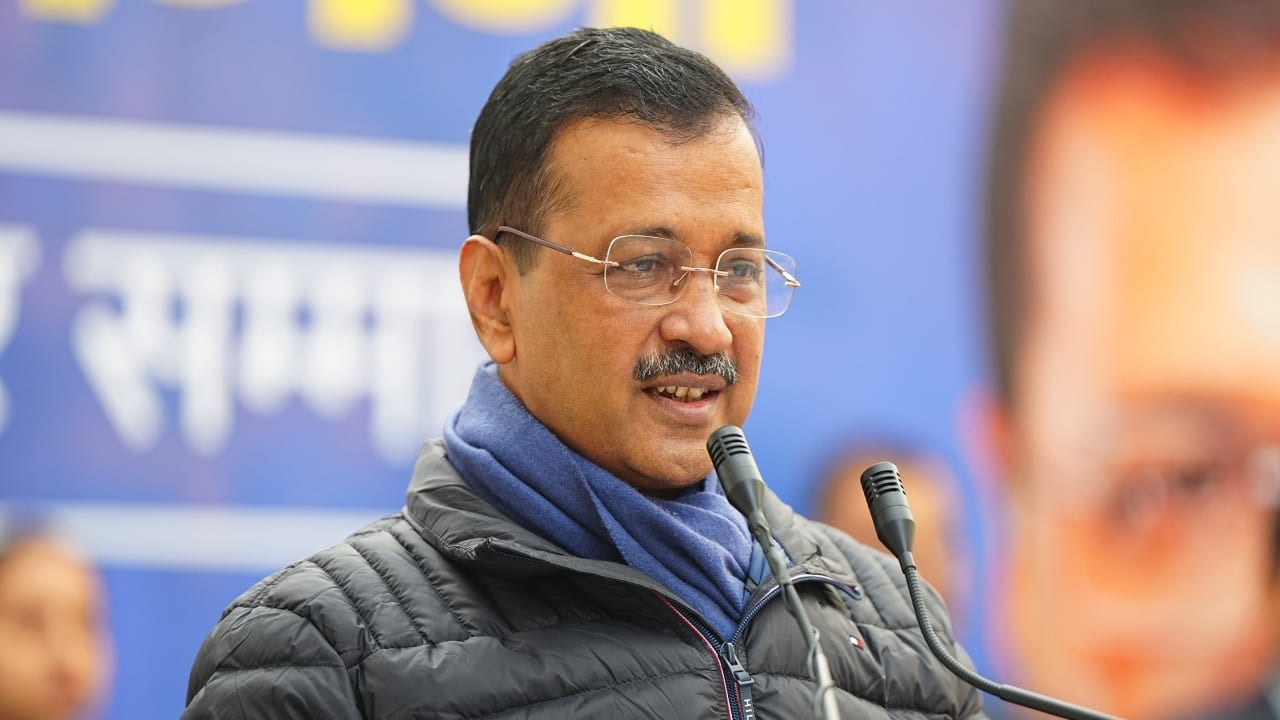 |
|
Arvind Kejriwal's announcement of the Sanjeevani Yojana, a comprehensive free healthcare scheme for Delhi's senior citizens, has injected a significant element into the upcoming Delhi Assembly elections. This ambitious plan, promising free treatment at all government and private hospitals regardless of income, represents a bold gamble aimed at securing a third consecutive term for the Aam Aadmi Party (AAP). The scheme's potential impact extends beyond mere vote-seeking; it highlights a broader discourse on healthcare accessibility and the role of government intervention in ensuring social welfare, especially for vulnerable populations.
The Sanjeevani Yojana's core principle is its universality. Unlike the centrally sponsored Ayushman Bharat scheme, which incorporates income-based eligibility criteria, Sanjeevani makes no such distinctions. This egalitarian approach, emphasized by AAP MLA Saurabh Bharadwaj, is strategically framed as a contrast to the BJP's policies and positions the AAP as the champion of inclusive healthcare for all senior citizens. The absence of an upper limit on treatment costs further underscores the scheme's comprehensiveness, signaling a significant financial commitment from the Delhi government should AAP retain power. This is a key point of differentiation, and a powerful message for voters.
The practical implementation of the Sanjeevani Yojana, however, remains a significant challenge. The logistical hurdles involved in processing registrations for a large segment of the population and ensuring seamless access to both government and private healthcare facilities are substantial. The reliance on AAP workers for doorstep registration, while promoting accessibility, also raises concerns about potential biases or inefficiencies. Transparency in the allocation of resources and accountability mechanisms will be crucial in preventing abuse or mismanagement of this large-scale initiative. The success of Sanjeevani will hinge not only on its initial announcement and popularity, but also on its effective and equitable execution.
The political implications of the Sanjeevani Yojana are far-reaching. The scheme serves as a potent tool in AAP's electoral strategy, potentially attracting a large segment of the senior citizen population. By framing the scheme as a stark contrast to existing national healthcare programs, AAP is directly challenging the BJP's narrative on welfare provision. This move is likely to intensify the already heated political climate in Delhi, leading to further debates on the feasibility and financial sustainability of such an ambitious scheme. The BJP may counter with criticisms regarding cost-effectiveness and potential burdens on the Delhi government's budget. The ensuing political discourse will undoubtedly shape the electoral landscape.
Beyond the immediate political ramifications, the Sanjeevani Yojana raises important questions about the broader future of healthcare in India. The scheme's scale and ambitions reflect a growing demand for comprehensive, accessible healthcare, particularly for the elderly. The ongoing debate surrounding the scheme's financial implications and its potential impact on healthcare infrastructure will inevitably influence policy discussions at both the state and national levels. The success or failure of the Sanjeevani Yojana, therefore, will not only impact the upcoming Delhi elections but will also have long-term implications for healthcare policy and delivery in the country. The scheme could serve as a model for other states or as a cautionary tale about the complexities of implementing ambitious social welfare programs.
In conclusion, the Sanjeevani Yojana represents more than just a pre-election promise. It is a bold statement about healthcare access, social welfare, and the political maneuvering of a party vying for re-election. Its success will depend not only on securing electoral victory but also on its ability to overcome the considerable logistical and financial challenges involved in its implementation. The scheme's legacy will extend beyond the immediate election cycle; it will influence policy debates, and shape the landscape of healthcare access for the elderly in India for years to come. The coming months will be critical in observing how this ambitious scheme unfolds and whether it truly lives up to its promise of providing equitable and accessible healthcare to Delhi’s senior citizens.
